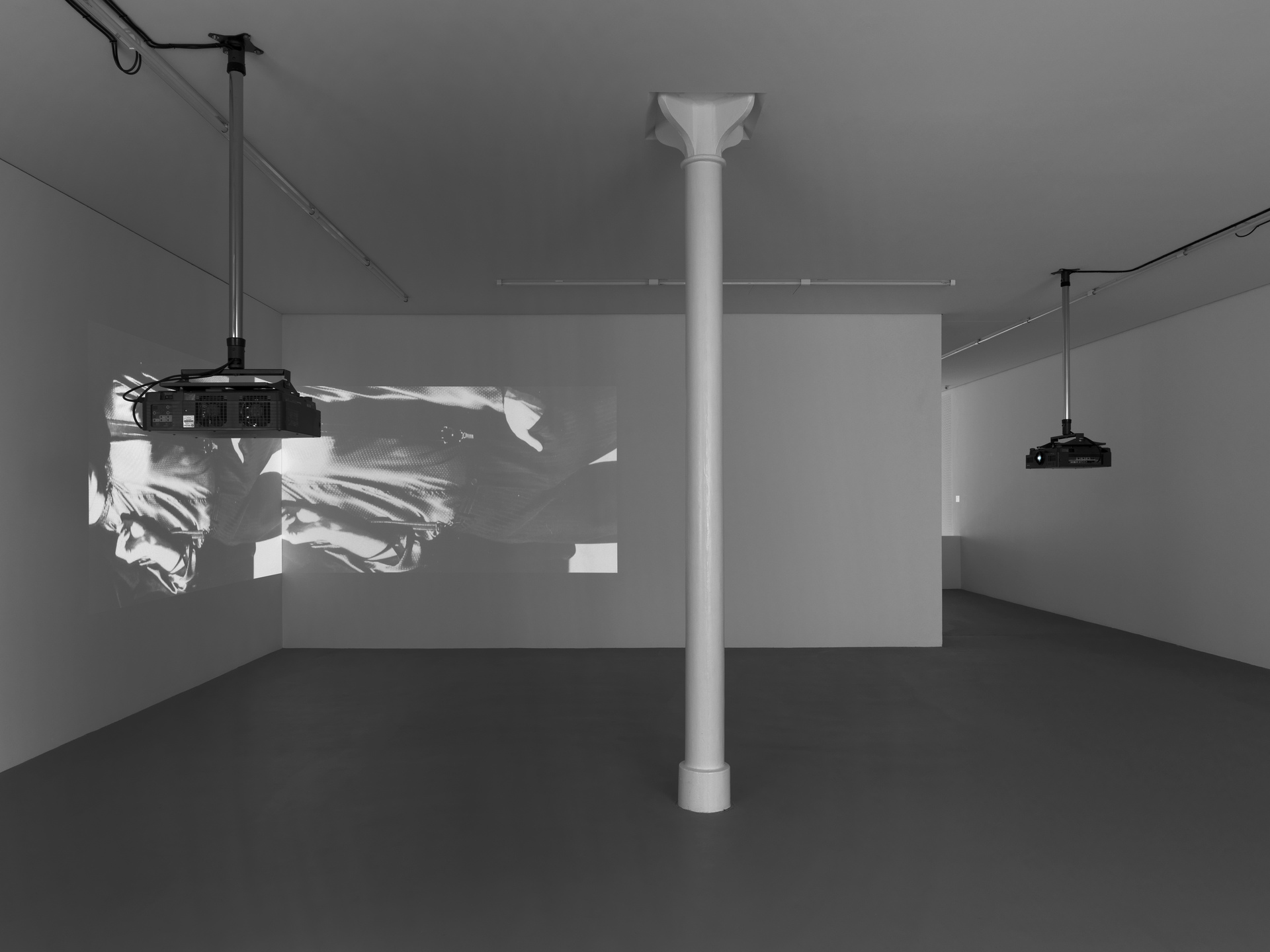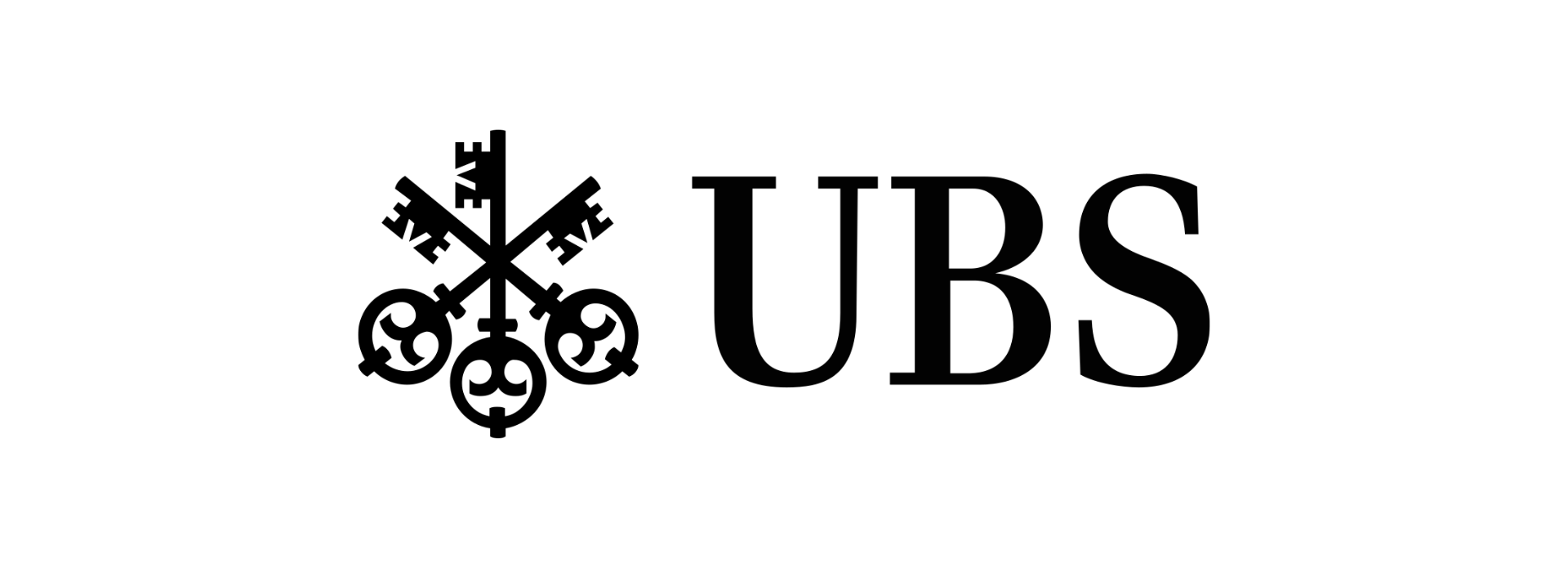Hilary Lloyd
The Museum für Gegenwartskunst presents the most extensive exhibition to date of works by the British artist Hilary Lloyd (b. 1964; lives in London). On two floors, the numerous works selected-and in some instances, created-for the show not only offer an impression of Hilary Lloyd's enormous productivity; the synoptic arrangement also marks an important moment in her career as an artist.
In her earlier installations from the 1990s, Lloyd primarily trained the camera's eye on people involved in their everyday rituals and on the interdependency between humans and the city they inhabit. Her more recent works, by contrast, chiefly focus on architecture, surfaces, and light effects. Lloyd gradually abandoned the vantage points that used to be characteristic of her work, now pursuing her motifs with the camera or turning them upside down in order to generate alternative perspectives. An inverse development is taking place on the level of motifs. In comparison with the works the artist created around fifteen years ago, the human figure now appears as a static body, while the city is dismantled into animated fragments.
Lloyd's camera captures ordinary features of buildings, reflections of sunlight, the moon, or the different structures of flooring materials, transforming them into independent images. The selective gaze paints an image of urban fascination that is permeated by a dynamic choreography of static and moving sequences. The most obvious ways to achieve these effects of perception, assembled in pictorial montages, are mirror reflections, split screens, and rotation, in works such as Building (2011) or Motorway (2010). In some instances, the viewer cannot infer the material reality of the surfaces. The pictures of reflections of light on surfaces, architecture, and advertisements in Lloyd's most recent work (such as Striped Man, 2011) emphasize this structuralist aspect. They are reduced to pure surface and materiality.
Yet Hilary Lloyd's practice is not limited to the filmed image; the installation, with flat screens and projectors elegantly and meticulously set out in the room, also acquires a strong presence. The technical implements are clearly important to Lloyd: she explicitly lists them in the references for her works. The visitor is inevitably confronted not only with the pictures, but also with their miseen- scène. Since the technical means are recognizable at first glance, the beholder immediately comprehends all spatial interrelations. The different rooms at the Museum für Gegenwartskunst enable a particularly vivid experience of this aspect her art. The equipment takes on qualities of sculpture, sometimes appearing like embodied figures in space. The beholder is compelled to move around and take a stance vis-à-vis the sculptures arranged individually or in groups.

